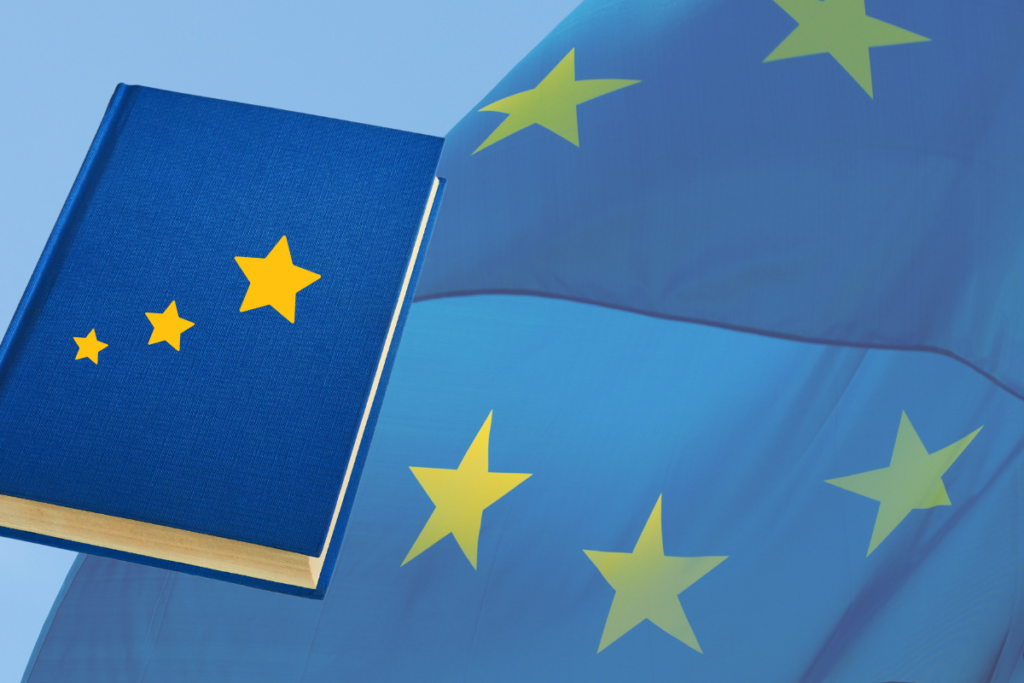What is the European Pharmacopeia ?
This article deals with the essential information you need to know about the European Pharmacopoeia (whose official acronym is “Ph. Eur.”), a unique reference work relative to the quality control of medicines in the 46 member countries of the Council of Europe.
- Presentation of the European Pharmacopoeia
Ph. Eur. is a collection of official standards which, once published, provide a legal and scientific basis for the quality control of substances for pharmaceutical use and medicines during the development, production and marketing processes. It is available to users, in French and English, in paper format or online (paid service of the European Directorate for the Quality of Medicines and Healthcare (EDQM)).
The legal basis of the European Pharmacopoeia is the “Convention relative to the elaboration of a European Pharmacopoeia” (European Treaty Series – No. 50) adopted by the Council of Europe in 1964.
These official standards, presented in chapters and monographs, concern the qualitative and quantitative composition and the tests to be carried out on: medicines, the raw materials used in their production and synthesis intermediates. Therefore, all producers of medicines and/or substances for pharmaceutical use must apply these quality standards in a mandatory way in order to be allowed to market their products within the signatory States of the Convention.
The role of the Ph. Eur. is to contribute to the protection of public health through the development of recognised common specifications relating to the quality of medicines and their components. These specifications must be appropriate because they constitute, for the patient, one of the fundamental guarantees in terms of the safety of use of medicines. Furthermore, their existence facilitates the free circulation of medicines within Europe and beyond.
The monographs and other texts of the Ph. Eur. are developed to meet the needs of regulatory authorities (e.g. ANSM, EMA, etc.), services responsible for the quality control of medicines and their constituents as well as manufacturers of medicines and their various components (e.g. active substances, excipients, packaging materials).
Ph. Eur. brings together member countries and observer countries.
The member countries of the Ph. Eur. can participate in sessions of the European Pharmacopoeia Commission (EPC). Each Member State, represented by a national delegation, has one vote on all technical questions. A member country may also propose national experts in each of the Ph. Eur expert groups or working groups.
Ph. Eur. observer countries can participate in the scientific work of the EPC, benefit from European experience in this area and access work relative to the quality control of medicines as well as the analytical methods used.
The EPC is the decision-making body of the Ph. Eur. and is responsible, as such, for developing and keeping the content of the Pharmacopoeia up to date. This Commission meets behind closed doors three times a year in Strasbourg, in the premises of the EDQM. It is also the EPC which appoints the members of all Expert Groups and Working Groups in charge of developing and revising methods and texts.
The Expert Groups cover the main scientific topics associated with the quality control of medicines and their constituents. Working Groups are appointed for a specific duration, in order to deal with a specific aspect of the work or a specific subject.
- Recognition of Ph. Eur. works worldwide
The Ph. Eur. is widely used internationally. In fact, the EPC works in close collaboration with all users of the Ph. Eur. across the world considering that globalisation and expansion of international trade in the field of medicines have reinforced the need to develop quality standards of international scope.
- Interactions with Ph. Eur.
The EPC defines a work program based on proposals from, for example, National Pharmacopoeia Authorities, expert groups, manufacturers and EDQM. Manufacturers wishing to participate in the development of a monograph, for example by providing data and samples for approved products and verifying the draft monograph, are encouraged to submit monograph proposals.
It is possible for users to make proposals for revising monographs. However, these must follow the process defined on the EDQM website and be supported by sufficient data.
The EDQM Knowledge database provides users with information on the status of general monographs/chapters. If the substance does not appear in this public database, this means that it is not covered by any monograph/general chapter of the Ph. Eur.
- The future of European Pharmacopoeia
The Ph. Eur. has been actively engaged for almost 30 years in the Pharmacopoeia Discussion Group (PDG) alongside the Japanese Pharmacopoeia (JP), the United States Pharmacopoeia (USP) and, since October 5, 2023, the Indian Commission of Pharmacopoeia (IPC). The PDG aims to facilitate the international harmonisation of a selection of pharmacopoeial standards (in particular excipient monographs and certain general chapters) in order to alleviate for manufacturers the difficulties of carrying out analytical procedures according to different modalities, with different acceptance criteria, in order to comply with pharmacopoeial requirements which may vary depending on the regions of the world.
Priorities for the future of the PDG, and therefore of the Ph. Eur., include the harmonisation of standards for elemental impurities and excipients as well as the modernisation of a large number of general methods and excipient monographs already harmonised.
Sources:
– EDQM website (February 2024)
– EDQM-FAQs (February 2024)
Article written by Isabelle MOUVAULT, Pharmaceutical Affairs Senior Consultant

